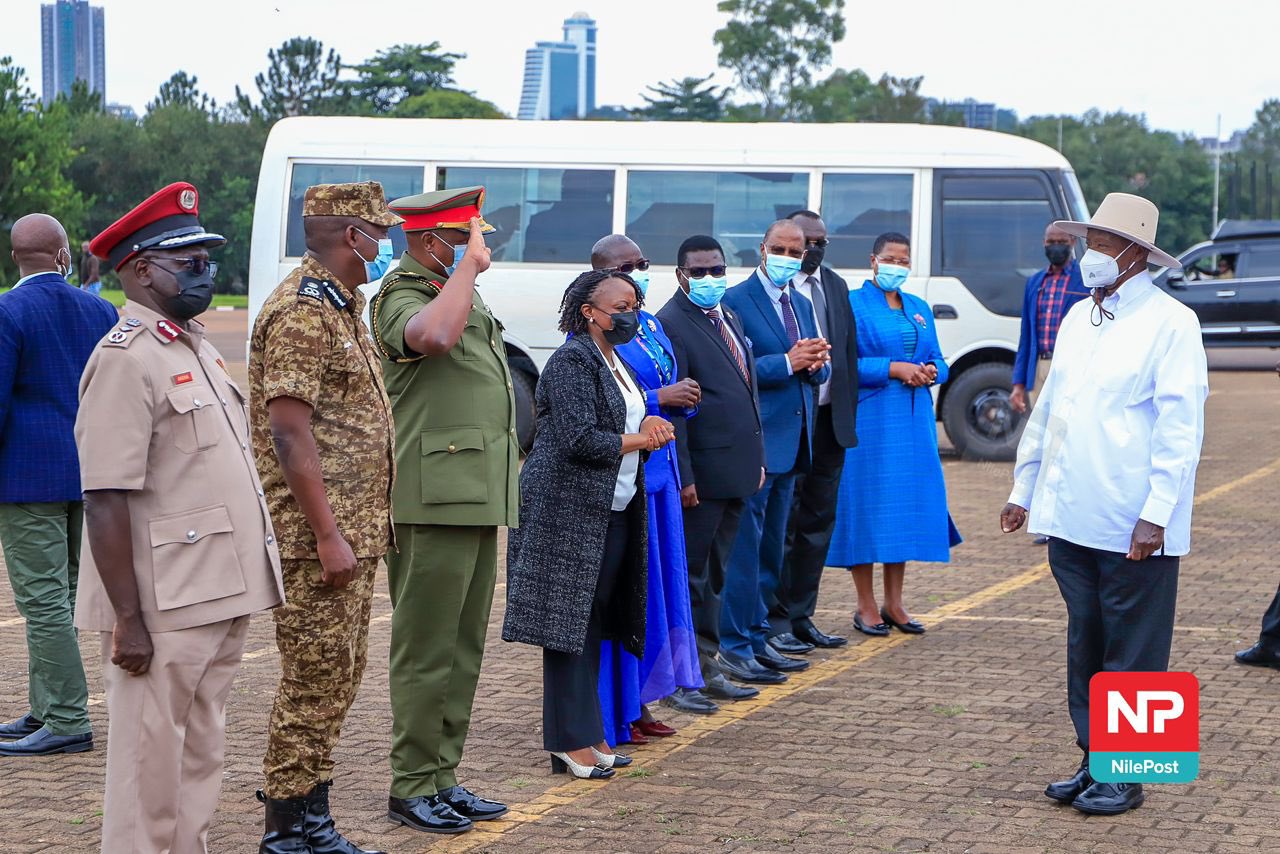Bail reforms expected on the card as Museveni summons “special” NRM CEC meeting
President Museveni has summoned what he has termed as a “special” meeting for the Central Executive Committee(CEC), a top organ of the ruling National Resistance Movement party.
“Notice is hereby given that the seventh meeting of the fourth Central Executive Committee(CEC) of the National Resistance Movement(NRM) Organisation will be held on Friday, November,5, 2021 at Entebbe, starting at 2pm,” Museveni said in a notice issued on Tuesday.
Keep Reading
Bail
Whereas the agenda is not clear on what is to be discussed during the meeting, it is expected that the issue of bail reforms is expected to be on the card during the meeting of the top organ of the ruling NRM party.
President Museveni has been a proponent of the proposed reforms on bail and police bond.
The remaining problem is some of the judicial officers and police. Some judicial officers do things that have no connection with reality. In the case of Masaka, so many people have died and suspects are given bail. And we are told bail is a right. Bail of criminals is a right. How about right of the victims? They have no right,” Museveni said recently.
“NRM insists on fully accountability and full responsibility. We are discussing with stakeholders about all these issues. Bail should not be used as a cover to protect criminals.”
The right to bail is a fundamental right guaranteed by Article 23 (6) of the 1995 Constitution of the Republic of Uganda.
The constitution says that where a person is arrested in respect of a criminal offence, they are entitled to apply to the court to be released on bail and the court may grant that person bail on such conditions as the court considers reasonable.
It also says that in the case of an offence which is triable by the High Court as well as by a subordinate court, the person shall be released on bail on such conditions as the court considers reasonable, if that person has been remanded in custody in respect of the offence before trial for 120 days .
The Constitution adds that in the case of an offence triable only by the High Court the person shall be released on bail on such conditions as the Court considers reasonable, if the person has been remanded in custody
for three hundred and sixty days before the case is committed to the High Court.
The basis of this provision is found in Article 28 of the same Constitution which states that an accused person is to be presumed innocent until he/she is proved or he/she pleads guilty.
Bond
The president has also in the past expressed similar sentiments towards giving bond to suspects in capital offences.
Section 17(3) of the Criminal Procedure Code Act says that where, on a person’s being taken into custody it appears to the police officer in charge of the police station to which the person is brought that the inquiry into the case cannot be completed forthwith, he or she may release that person on his or her executing a bond.
This(release on bond) can be done with or without sureties, for a reasonable amount to appear at such a police station and at such a time as is named in the bond.
Recently, it was reported that Cabinet had endorsed criminal justice reforms, among them amendments to the 1995 Constitution and the Police Act, to deny suspects on capital offences bail or police bond and suspects on murder, rape, robbery and treason charges, among others, as the main target for the proposed reforms.
















